

Congress Slams Modi Over Silence on Sacrifices During China Visit
The image was polished: Prime Minister Narendra Modi smiling warmly in Tianjin, shaking hands with Chinese Premier Xi Jinping. modis-diplomatic-visit-to-china-a-thaw-in-india-china-relations The stage was set for the 2025 SCO Summit. Global cameras focused on trade talks, regional stability, and economic cooperation. But back home, the mood was far from cheerful.
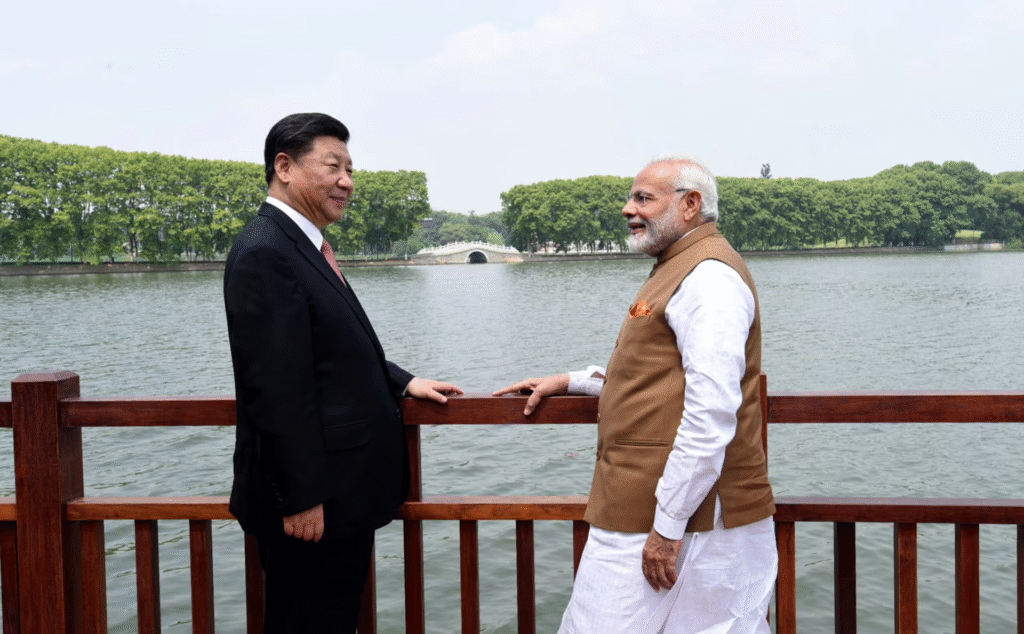
As Prime Minister Narendra Modi landed in China for the SCO Summit 2025, the Congress party launched a fierce attack. A spokesperson Supriya Shrinate from the party questioned Modi’s silence on recent national tragedies. The comment came as Modi shared videos from his diplomatic engagements in Beijing.
The Congress slammed Modi for ignoring the emotional weight of recent tragedies. Twenty soldiers martyred in Galwan, 26 civilians killed in Pahalgam, and 17 lives lost in Poonch. None received even a passing mention during Modi’s foreign visit. His silence wasn’t just noticed—it became the story.
Congress leaders erupted on social media. “Did their sacrifices cross your mind, Modi ji?” asked a spokesperson, accusing the Prime Minister of indifference. Hashtags about Galwan and political coldness trended within hours. It wasn’t just political mudslinging—it struck a raw nerve among many Indians still grieving those losses.
Strategy or Insensitivity?
The Prime Minister’s supporters defended his silence as a strategic choice. They claimed diplomacy needs restraint, not public grievance. But when diplomacy erases emotional memory, the public begins to ask questions.
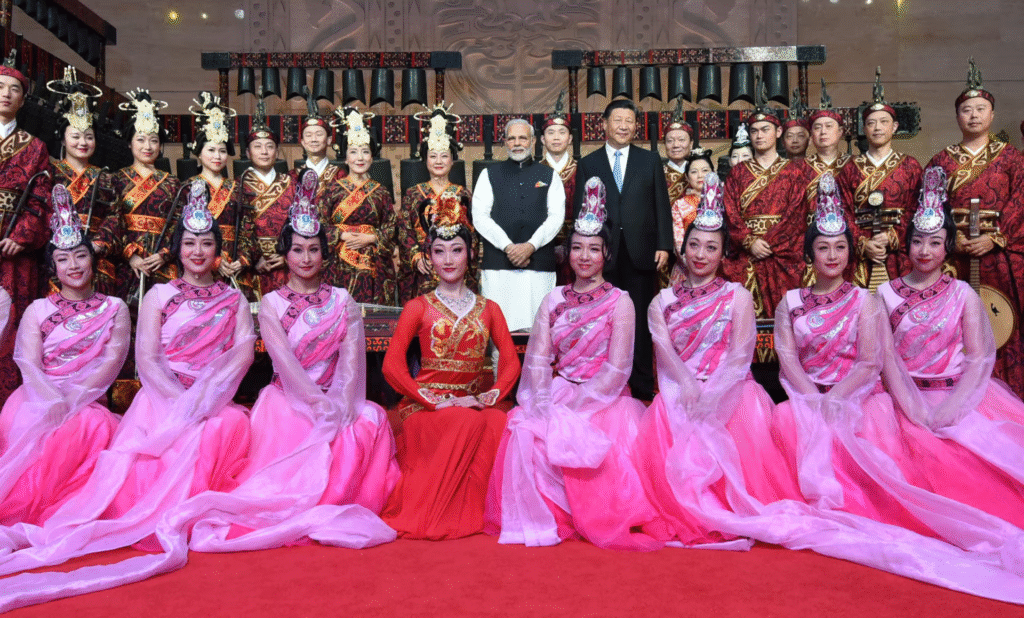
For Congress, this was an opportunity to shape the narrative. They framed Modi’s China visit as tone-deaf, arguing it prioritized political optics over public sentiment. And the attack stuck. Media commentary, including by analysts at ORF, questioned whether India can truly build trust with China without addressing past conflicts.
Modi has long relied on strongman imagery. But in moments like these, silence feels more like weakness than strength. As he celebrated economic dialogue, the echoes of Galwan—India’s worst clash with China in decades—felt forgotten. Congress played that contrast for impact.
Meanwhile, China has made few concessions on border disengagement. Reports like this one from Reuters confirm that several hotspots remain tense. So why the soft tone? Congress asked: was this diplomacy—or denial?
Memory Matters in Politics
In India, memory and politics are intertwined. Galwan wasn’t just a military episode—it was a national trauma. People lit candles, stood in silence, and demanded answers. When leaders appear to move on without acknowledgment, the gap between statecraft and sentiment widens tensions. http://Reuters on border tensions
Congress understands this dynamic. By slamming Modi, they’re speaking not just as opposition—but as emotional intermediaries. Their critique ties into a deeper question: Can a Prime Minister represent national interests abroad if he forgets national pain at home?
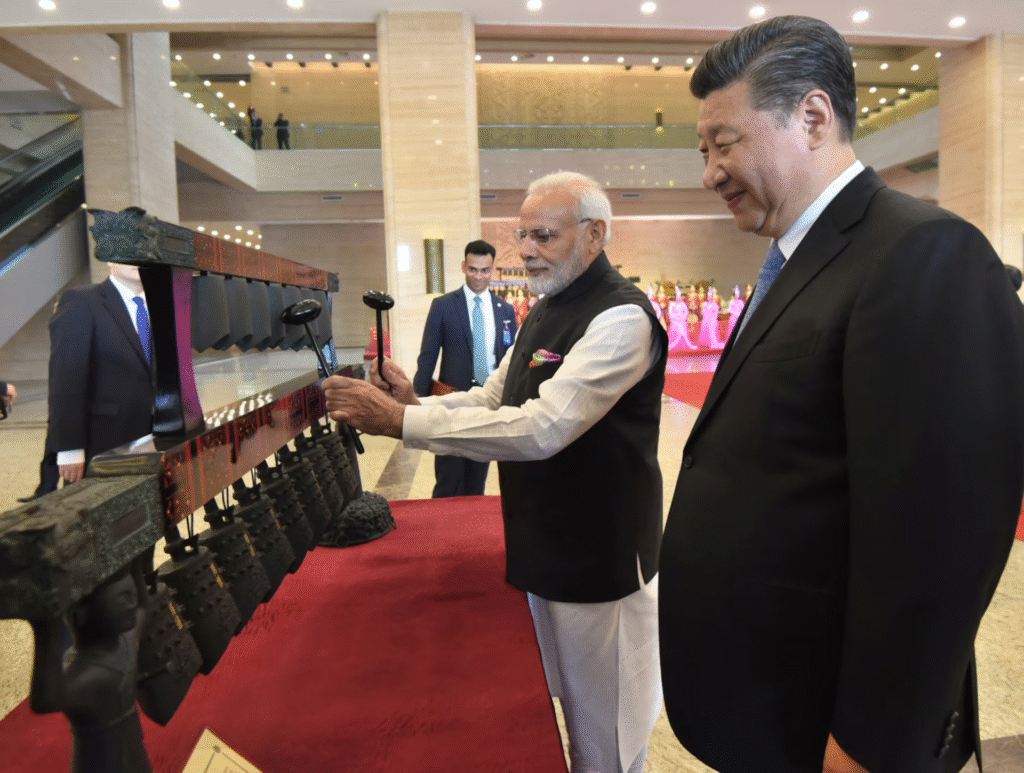
The BJP, of course, rejects that framing. But the visuals from China tell a different story. Images of Modi laughing with world leaders overshadowed memories of soldiers’ coffins wrapped in the tricolor. Congress used that contrast to draw blood. And it worked.
This isn’t just about foreign policy. It’s about perception. In the age of visual politics, silence can be louder than words. What Modi didn’t say in China may echo longer than what he did.
CongressSlamsModi #ModiInChina #GalwanMartyrs #SCO2025 #IndiaChinaTensions

NewsHasghag operates a 24/7 news bureau that tracks the real-time, social media-driven stories from India and around the world, keeping you ahead of the day’s key talking points. Our digital-first approach transforms storytelling through the seamless integration of data, interactive charts, video, and audio into every narrative




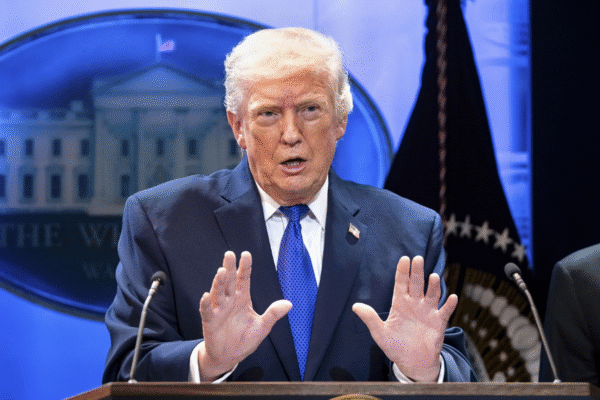
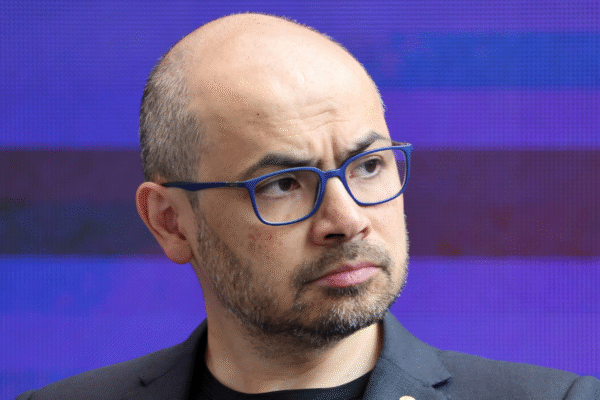


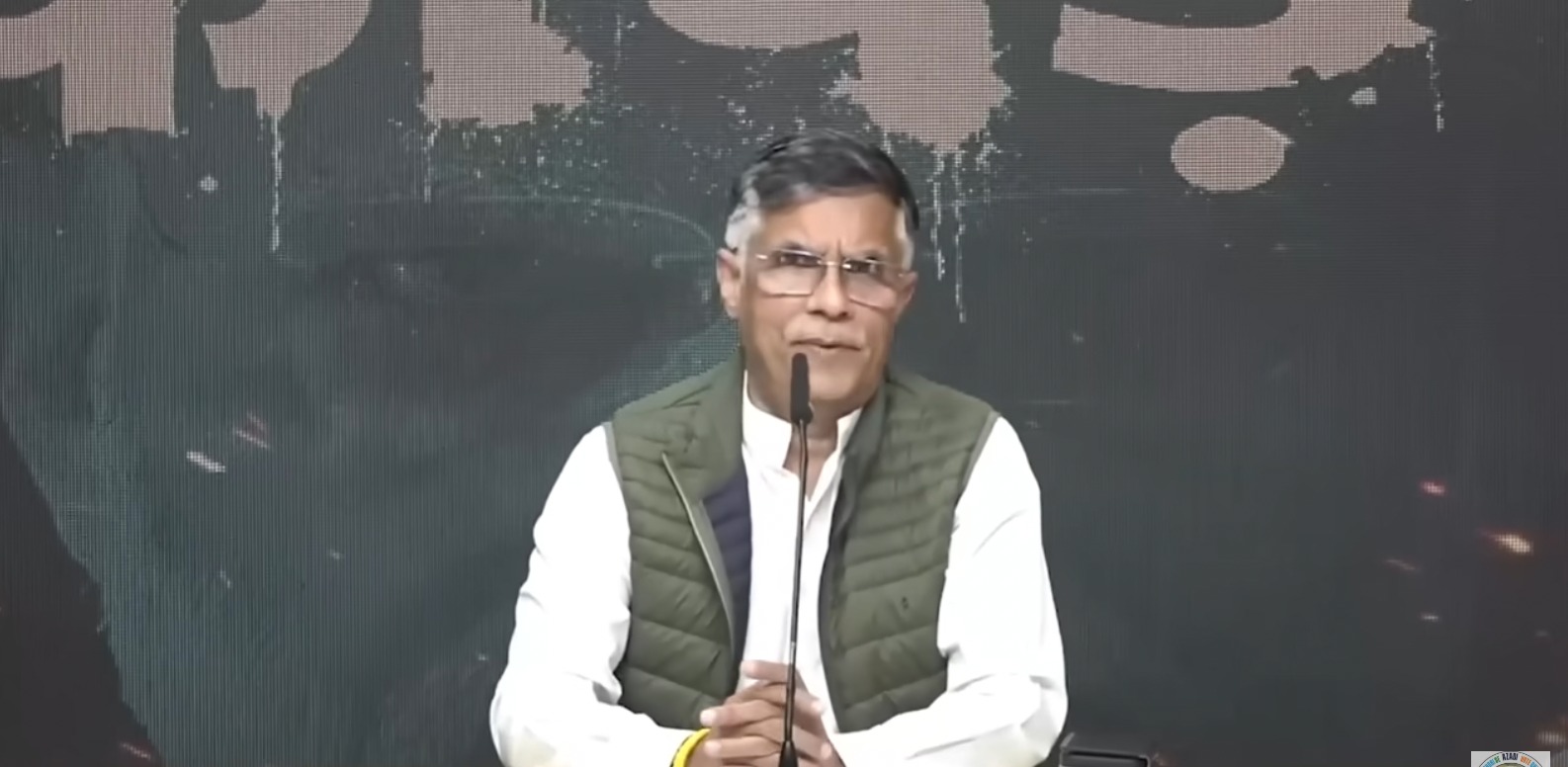

One thought on “A Diplomatic Handshake, A Deafening Silence”
Comments are closed.